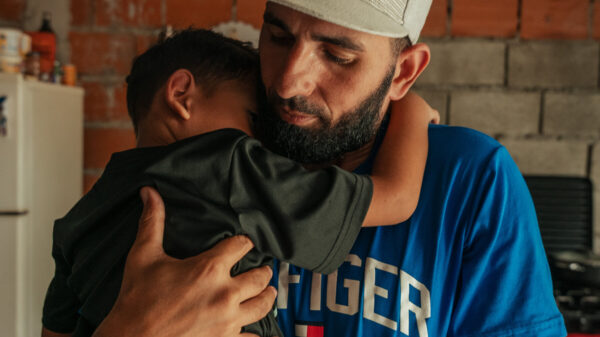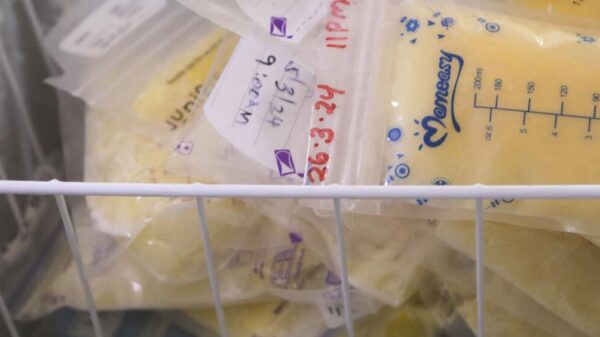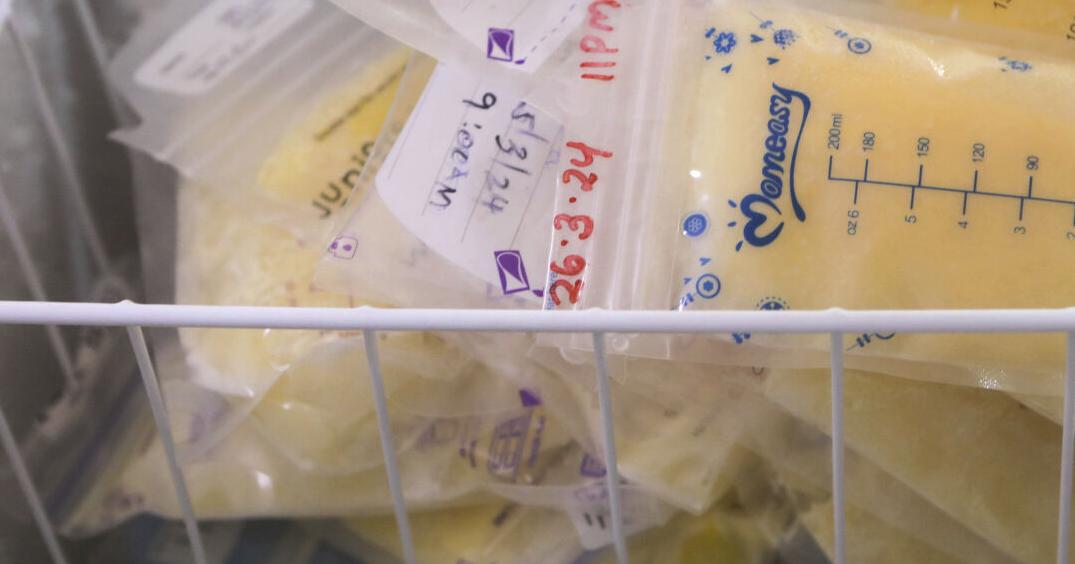A significant study by researchers at UNC Greensboro has uncovered important differences in the nutritional composition of donor human milk across five countries. Conducted in November 2023, this research could have profound implications for how critically ill infants are fed, potentially influencing nutritional guidelines worldwide.
The study analyzed donor milk samples from various countries, revealing that the nutritional profile can vary widely based on geographical and environmental factors. Researchers focused on essential nutrients, including proteins, fats, and carbohydrates, which are vital for the growth and development of premature and critically ill infants. The findings suggest that these variations may affect the health outcomes of infants who rely on donor milk, prompting a need for standardized nutritional assessments.
Dr. Emily Smith, a lead researcher at UNC Greensboro, emphasized the importance of understanding these differences. “Our research highlights the necessity for healthcare providers to consider the source of donor milk when making nutritional decisions for vulnerable infants,” she stated.
The study involved collaboration with healthcare institutions across the participating countries, ensuring a comprehensive analysis of the milk samples. This international effort reflects a growing recognition of the importance of donor human milk in neonatal care.
The implications of these findings extend beyond individual healthcare practices. They may influence policy decisions regarding donor milk banking and distribution. As more hospitals adopt donor milk as a standard part of neonatal care, understanding its nutritional variability becomes essential for ensuring optimal care for critically ill infants.
In light of these results, the authors of the study advocate for further research to establish standardized guidelines for donor milk use. This could pave the way for improved nutritional outcomes for infants who depend on this vital resource.
As the landscape of neonatal care continues to evolve, the work of UNC Greensboro’s researchers stands out as a crucial step in enhancing the understanding of donor human milk’s role in infant health. The study not only adds to the existing body of knowledge but also sets the stage for future investigations that could shape nutritional practices in neonatal units globally.






































































